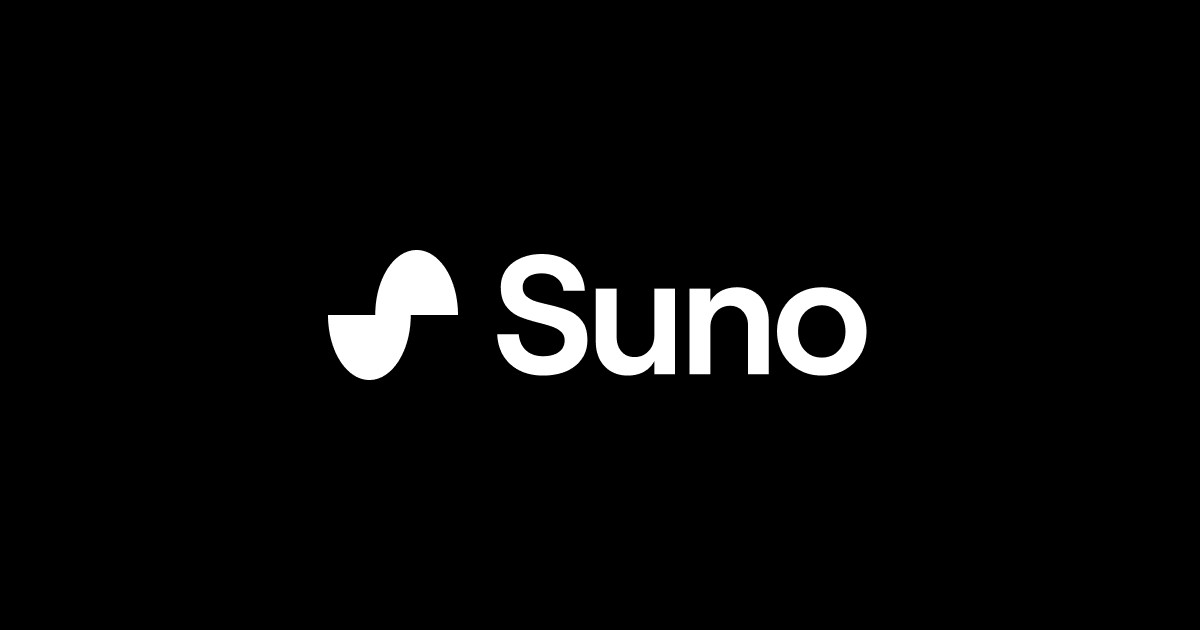
AI music generators have come on in leaps and bounds over the past twelve months, and we've followed their evolution closely, reporting on platforms such as Meta's MusicGen and Google's MusicFX which can generate musical clips, ideas and even entire tracks on demand.
The latest company to enter the fray is Suno, a startup launched by former staffers at Meta and TikTok. With a mission to build a future "where anyone can make music", the company has developed an AI platform that generates musical clips of up to a minute and 20 seconds in response to text prompts provided by the user.
Suno will take instructions on genre, style, instrumentation and lyrical content; you're even able to enter your own lyrics to feature in the music that's generated. The platform's V2 version, which is available now, is capable of producing some impressive results, though the music generated admittedly sounds a little uninspiring.
Suno's next iteration, however, promises to offer even more sophistication and realism, as evidenced by a recent example shared by Rolling Stone. The song embedded below was generated by entering the prompt "solo acoustic Mississippi Delta blues about a sad AI" into Suno's V3 model. The model then instantly generates the musical content, while OpenAI's ChatGPT provides the lyrics.
The results are scarily realistic. "I'm just a soul trapped in this circuitry," sings the AI-generated voice, which is far superior to any AI vocals we've heard from Suno's competitors.
While much of the AI-generated music we've heard suffers from a distinct lack of emotional depth, Soul Of The Machine displays enough nuance and realism to provoke an emotional response. Sure, it's no Mississippi John Hurt, but it's undeniably impressive - and a closer approximation of authentic music than anything generated by the AI models we've previously encountered.
Speaking to Rolling Stone, Suno co-founder Mikey Shulman said that the company has ambitions of democratizing music-making by making it accessible to anyone, regardless of instrumental skill or musical talent. (Whether typing a text prompt into an AI model still counts as "music-making", we'll leave you to decide.)
As for whether platforms like Suno threaten the livelihoods of working musicians, Shulman takes an unsurprisingly optimistic view. "We’re trying to get a billion people much more engaged with music than they are now,” he says.
"If people are much more into music, much more focused on creating, developing much more distinct tastes, this is obviously good for artists [...] We’re not trying to replace artists."







